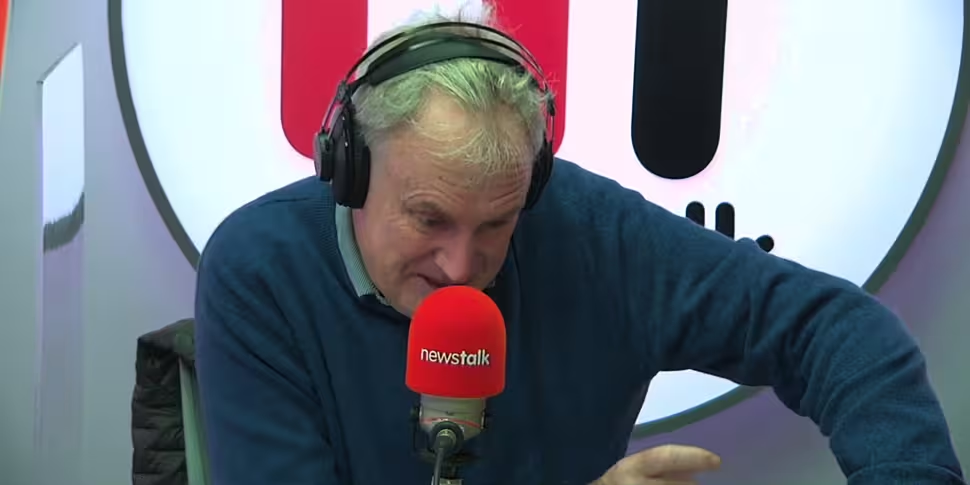A new COVID-19 vaccine could protect people ‘very strongly’ against variants of the virus, Professor Luke O’Neill says.
The Trinity immunologist says trials of the Valneva vaccine have shown ‘unbelievable’ results.
Last week, the French firm released results of the early phase clinical trials of its vaccine candidate VLA2001.
It showed that 90% of all study participants developed significant levels of antibodies, while no safety concerns were identified.
Larger-scale trials will now take place.
Unlike the other vaccines already in use, the Valneva jab contains an ‘inactivated’ version of COVID-19.
On The Pat Kenny Show, Professor O’Neill explained what that means.
He said: “It’s the whole inactivated virus - unlike just the spike protein in the AstraZeneca one, for example. It contains loads of pieces of the virus for the immune system to get its teeth into.
“This Valneva vaccine gets better and better. We knew from animal studies and a small number of people it was going to be good… but now this first phase trial has gotten a massive antibody response.
“It’s a really powerful, powerful vaccine. They were amazed at how strong it is.
"The good news is that it will work against the variants very strongly because it’s got so many different parts in it. If the current variants are dodging antibodies of the spike [protein], this has got a lot more than the spike.
He noted manufacturers are already getting ready to make hundreds of millions of doses of the vaccine, pending the completion of trials and subsequent approval by regulators.
He said: "They're making loads of it now... this could be a big one in the coming months."
Valneva themselves say it’s hoped their vaccine will be able to be used as a ‘booster’ shot if needed, including tackling new variants.
AstraZeneca vaccine update
The major vaccine story of recent weeks has been the very rare blood clotting issues potentially linked to the AstraZeneca vaccine.
Officials have said there’s a possible link, but have stressed the unusual clotting events are very rare.
Professor O’Neill says progress has been made in finding out what might be happening.
He said: “The consensus now is that this AstraZeneca vaccine kicks off a big immune reaction… then in a very small number of people you get antibodies made to your own platelets, and causes them to clump.
“They know exactly what’s going on - it’s called platelet factor-4, which is a well-known protein that makes them clump.
“The other good news is you can treat it. You can give people what’s called IVIG [intravenous immunoglobulin], that can mop up all these antibodies and prevent it.”
However, he said it’s not yet clear if there’s any common factor among the patients who’ve been impacted by the clotting issue.
He said: “The EMA are all over this, and they’re now funding a massive research campaign… Rotterdam and Utrecht [universties] are leading it.
“Their suspicion is it might be genetic. The big question is what’s in the vaccine that’s causing it. They’re trying lower doses now to see if it’s a dose-dependent thing… it could be some ingredient in the vaccine.
“They thought women were especially susceptible… that’s not the case now, it’s men and women. The reason why women cropped up was there were more young women being vaccinated… there were more female healthcare workers, and that’s why they saw more women. They’ve ruled out gender as a factor.”
The leading immunologist said it’s vital to emphasise that the vaccine is still safe, as the clotting events are so rare.
He said: “If you get in a car and go for a drive, you’re at higher risk of crashing than you are of getting any reaction to this vaccine. They reckon the odds are one in 150-160,000.
“Because obviously there’s a massive focus on this vaccine we’re all very concerned… but overall it’s an extremely rare event.”









